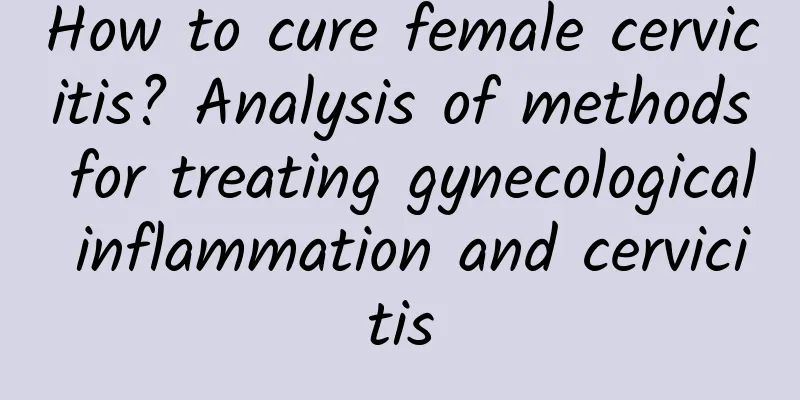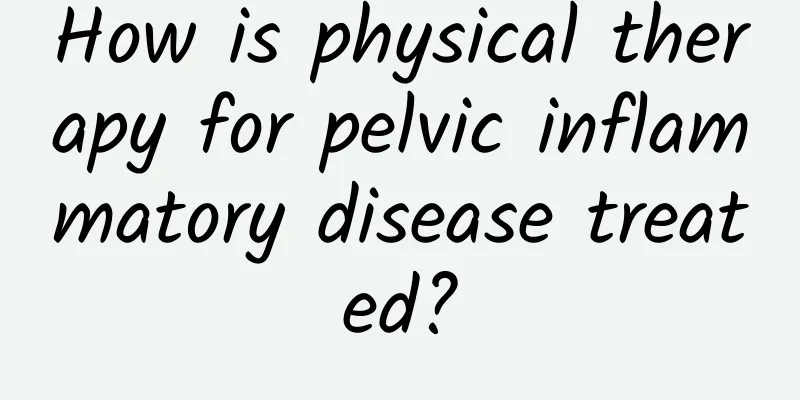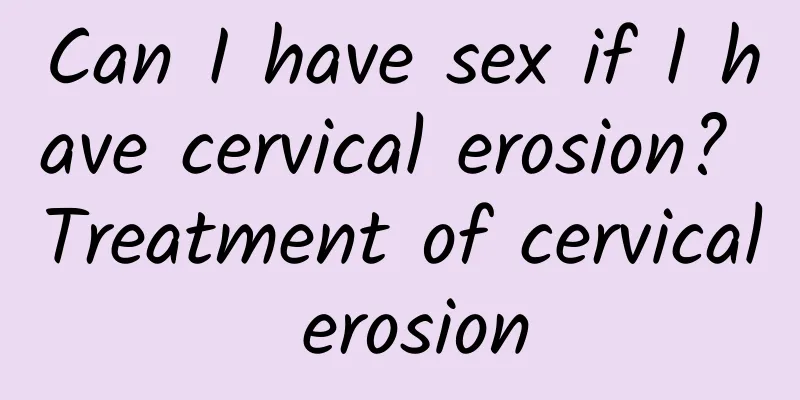What to do about functional uterine bleeding

|
Dysfunctional uterine bleeding is abnormal uterine bleeding caused by endocrine disorders or abnormal uterine structure, which is common in adolescent and menopausal women. Treatments include medication, surgery and lifestyle adjustments. 1. Drug treatment Drug therapy is the first choice for functional uterine bleeding, which mainly controls bleeding by regulating hormone levels. Oral contraceptives: Help restore normal menstrual cycles by regulating estrogen and progesterone levels. Progestogen drugs: such as progesterone, can be used to regulate the growth and shedding of the endometrium and reduce bleeding. Hemostatic drugs: such as tranexamic acid, can help reduce the amount of bleeding and are suitable for acute bleeding periods. 2. Surgical treatment For patients who do not respond to medical treatment or who have severe bleeding, surgery may be necessary. Endometrial ablation: By removing part of the endometrium, the amount of bleeding is reduced. It is suitable for patients who do not want to have children. Uterine artery embolization: It blocks the blood flow in the uterine artery and reduces bleeding. It is suitable for patients with acute massive bleeding. Hysterectomy: In extreme cases, such as uncontrolled bleeding or other serious medical conditions, the uterus may need to be removed. 3. Lifestyle Adjustment Lifestyle adjustments can help improve endocrine disorders and reduce the occurrence of functional uterine bleeding. Dietary adjustment: Increase the intake of iron-rich foods, such as red meat, spinach, etc., to prevent anemia; reduce the intake of high-sugar and high-fat foods to avoid aggravating endocrine disorders. Exercise management: Moderate exercise such as yoga and walking can help regulate hormone levels, but avoid excessive exercise that may cause physical burden. Psychological adjustment: Keep your emotions stable and avoid long-term excessive stress. You can relieve stress through meditation, psychological counseling, etc. The treatment of functional uterine bleeding requires choosing the right plan based on the patient's specific situation. Drug treatment is the basis, surgical treatment is suitable for severe cases, and lifestyle adjustments are helpful for long-term management. If abnormal bleeding occurs, you should seek medical attention in time, identify the cause and receive professional treatment to avoid delaying the condition. |
<<: What symptoms does a Bartholin's gland cyst cause?
>>: Causes of Acute Bartholinitis
Recommend
What are the symptoms of chronic pelvic floor disease?
Chronic pelvic inflammatory disease is a common d...
High oil and high sugar levels cause obesity, and 3 types of body types can be distinguished! Chinese medicine practitioner: Eating winter melon porridge can help people with this body type lose weight
In order to lose weight quickly, many people seek...
Drinking soup for one meal a day can help you lose weight? Adding spices + doing these things works better!
When it comes to weight loss, the first thing tha...
Irregular life is the main cause of ovarian cysts
Before treating ovarian cysts, every patient must...
Why does endometrial thickening disease recur?
Why does endometrial thickening disease recur? Th...
40% of office workers eat at their desks and the fishy smell makes them sick
Due to high work pressure and tight time, many of...
Eat rice to lose 18 kg and avoid high-glycemic foods
Will eating make you fat? In order to look good o...
What should you pay attention to in pelvic inflammatory disease
What should I pay attention to with pelvic inflam...
Women may experience vaginitis due to factors
When the natural defense function of the vagina i...
Can women with mild cervical erosion wear an IUD? Is mild cervical erosion contagious?
Mild cervical erosion is not a very serious disea...
Why does uterine fibroids cause low blood pressure and dizziness? Can uterine fibroids cause low blood pressure?
Why does uterine fibroids cause low blood pressur...
Women should be alert to pelvic inflammatory disease during the postpartum period
Women are weak after childbirth, and the cervix f...
What are the symptoms of threatened miscarriage?
Every pregnant woman is very afraid of threatened...
How to treat ovarian dysfunction? Ensure adequate sleep
Ovarian function gradually declines. To achieve t...
How to prevent dysmenorrhea before menstruation
Women experience pain in the lower abdomen and lu...









